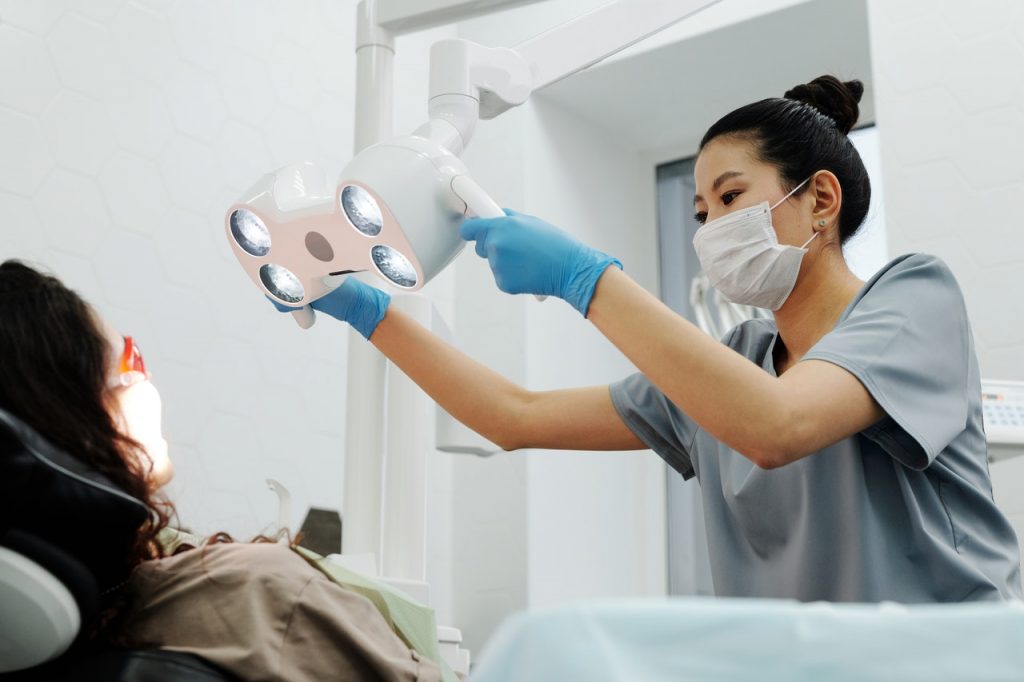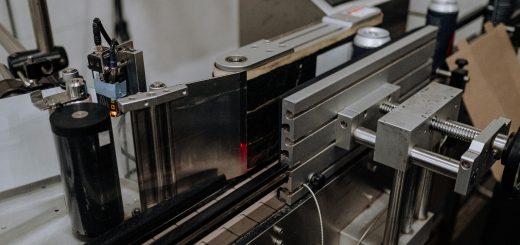Simple Ways To Prevent Cavities

Bacteria are the main cause of tooth decay. That said, everybody has bacteria in their mouth, and if left on their teeth, it forms plaque. If you don’t care for your oral health, germs start producing acids that destroy tooth enamel. Try simple measures to reduce tooth decay risks in the future.
Regular Dental Visits
It’s important to visit the dentist twice a year. This will save you money and time. In addition, dental cleaning helps eliminate plaque and stains between your teeth and gums, leaving them clean and smelling nice.
Treat Dry Mouth
You can get a dry mouth due to medical conditions, aging, and the use of drugs. This condition causes foul breath, cavities, and plaque accumulation. However, a dry mouth can be caused by serious medical conditions that need treatment.
Consider Your Toothpaste
Use toothpaste with fluoride, which greatly reduces the risk of tooth decay. If you don’t know if your brand has fluoride, ask for recommendations from your dentist.
Use Mouthwash
Mouthwashes with fluoride aren’t only for freshening your breath, but they help prevent cavities. Moreover, vigorous mouthwash rinsing can release food particles between teeth, causing gum disease and cavities.
Eat Healthy Food
Some foods and drinks are more helpful for your teeth than others. Avoid foods that get trapped in grooves and toothpits for a long time, and instead, take vegetables or fruits that boost saliva production. Tea and unsweetened coffee are best for washing away food particles.
Fill Cavities Immediately
A dentist will find cavities early on during checkups and fill them immediately. A dental filling helps restore tooth shape stability and prevent further tooth decay. You can also repair injured and broken teeth by filling cavities.
Avoid Snacking
Eating between meals restrictions is not only for avoiding calories. Most people don’t brush after eating, allowing plaque to pile up. Take low-sugar snacks, vegetables, and fruits that encourage salivation.
Replace Toothbrush Frequently
It’s recommended to change a toothbrush every three to four months. Check the bristles to tell if your toothbrush requires replacement.
Using Sugarless Gums
Chewing gum can help you satisfy your snacking or anxious needs. However, gum is high in sugar and can cause cavities. Chewing sugar-free gum can meet those demands while also stimulating salivation, which helps wash away microorganisms and food particles. But, chewing gum doesn’t substitute daily brushing and flossing.
Brush Your Teeth
Everyone knows that they should brush their teeth after every meal from an early age. While this may not be practical, you should brush at least twice a day for two minutes each time. Check online or ask your dentist how to brush properly.
Floss Daily
Brushing your teeth daily is essential for healthy teeth and gums, but it is not enough. Floss your teeth daily, and make sure to clean between all of your teeth, including the ones in the far back. While flossing, you remove microscopic food particles and reach places a toothbrush cannot reach.
Use Sealants Or Fluoride
Ask your dentist or smiles by Dixon about dental sealants or fluoride treatment. Although they don’t cure everything, sealants help minimize tooth decay. They can last for four years, depending on your bite. On the other hand, fluoride prevents tooth decay by strengthening teeth against plaque, bacteria, and acid.
Take Enough Water
Water is essential for every part of the body. Taking water frequently helps clean the mouth and wash away food particles left in the mouth. Use public water, which has fluoride, to reduce tooth decay.
Always remember that once a cavity progresses to a certain level, you can’t fix it at home. Therefore, to prevent them before they occur or progress, practice the mentioned tips above and save your teeth.














